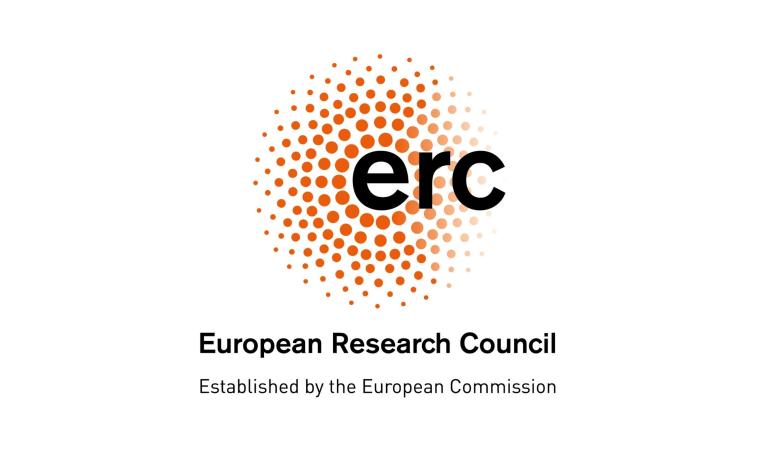From mini-organs to ultrafast filming: ERC invests in early career researchers

On this occasion, Carlos Moedas, European Commissioner for Research, Science and Innovation, said:"In addition to supporting early stage European researchers, the ERC Starting Grants also help enrich the European research field by attracting and retaining foreign scientists in Europe. More than one in ten grantees come from outside the EU or its associated countries. Europe is open to the world!"
The President of the ERC, Professor Jean-Pierre Bourguignon, commented: "With 3170 applications, 2018 Starting Grants were in very high demand. In spite of the additional relaunch of the ERC Synergy Grants, we were still able to award over 400 Starting Grants in this round. For the second year in a row, nearly 40% of Starting grantees are women. Regarding geographic spread, we note the number of successful applicants who will be based in the Netherlands has grown considerably since last year. We are also pleased to see an improvement of the success rate of applicants whose research will be carried out in Central and Eastern Europe - while the number of these applicants remains low. Scientific talent and ambitious ideas are to be found all over Europe and the ERC aims to give them stimulus wherever they may be."
The new grantees' curiosity-led research covers a diverse range of topics. In Germany a grantee will shed light on what makes our cells uniquely human, as opposed to ape. A scientist based in Sweden will investigate ultrafast events, taking one quadrillionth of a second. Another scholar in France will challenge the current theories of how Japan became a global industrial power. See more project examples.
Once again, almost 13% of applications were funded. As also occurred in the last funding round, female researchers who applied had a slightly higher success rate (13.7%) than their male counterparts (12.4%).
In this round, slightly more German (73), Italian (42), French (33) and Dutch (33) researchers were successful than other nationalities. Grantees from 44 countries across the world received grants, from as far afield as Vietnam and Argentina. The competition therefore enabled some researcher mobility and the spread of scientific knowledge as 40 grantees will move country to take up their grant, and 16 will come from outside the EU and H2020 associated countries.
The research will be carried out in 22 different EU countries, with research institutions from Germany (76), the UK (67) and the Netherlands (46) hosting the most projects.
These Starting Grants will help the selected scientists build their own research teams, leading to job creation as an estimated 1,500 postdocs, PhD students and other staff could be employed to support them.
See more statistics
List of all selected researchers (alphabetical order)
Lists of selected researchers by domain (alphabetical order):
Discover more projects in this Starting Grant competition
Background
ERC Starting Grants are awarded to researchers of any nationality with two to seven years of experience since completion of the PhD (or equivalent degree) and a scientific track record showing great promise. The research must be conducted in a public or private research organisation located in one of the EU Member States or Associated Countries. The funding (up to €1.5 million per grant) is provided for up to five years. Two thirds of the ERC budget is earmarked for the early-career researchers – the Starting Grant and Consolidator Grant schemes - and calls for proposals are published once a year for each scheme.
About the ERC
The European Research Council, set up by the European Union in 2007, is the premiere European funding organisation for excellent frontier research. Every year, it selects and funds the very best, creative researchers of any nationality and age, to run projects based in Europe. It offers four core grant schemes: Starting, Consolidator, Advanced and Synergy Grants. With its additional Proof of Concept grant scheme, the ERC helps grantees to bridge the gap between grantees' pioneering research and early phases of its commercialisation.
To date, the ERC has funded some 8,000 top researchers at various stages of their careers, and over 50,000 postdocs, PhD students and other staff working in their research teams. The ERC strives to attract top researchers from anywhere in the world to come to Europe. Key global research funding bodies, in the United States, China, Japan, Brazil and other countries, have concluded special agreements to provide their researchers with opportunities to temporarily join ERC grantees' teams.
The ERC is led by an independent governing body, the Scientific Council. The ERC President is Professor Jean-Pierre Bourguignon. The overall ERC budget from 2014 to 2020 is more than EUR 13 billion, as part of the Horizon 2020 programme, for which European Commissioner for Research, Innovation and Science Carlos Moedas is responsible.

